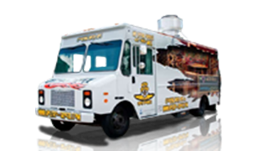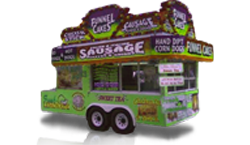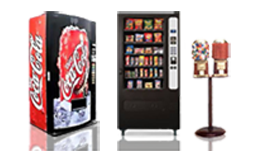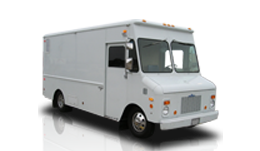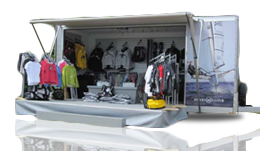Is it Time to Add a Food Truck to Your Restaurant Business?
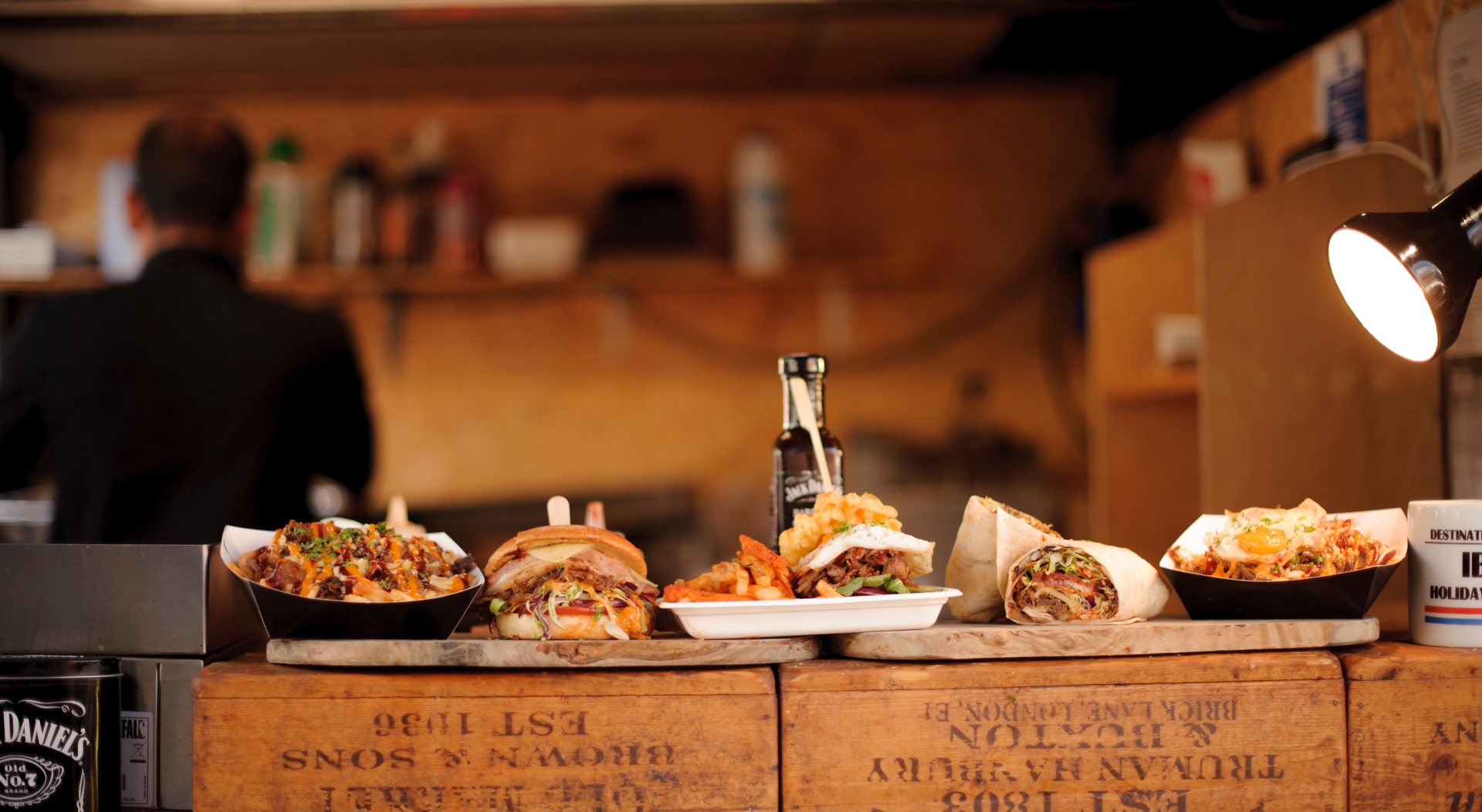
In many cases, a food truck or a concession stand is the first step to opening a brick-and-mortar restaurant. That doesn’t mean, though, that the opposite can’t happen. There are restaurant owners who want to expand their business, but with a food truck instead. There are several reasons for this, with supplementing their business and widening their reach being among the top reasons.
If you’ve thought about adding a food truck to your restaurant, you’ll be wondering if pushing through with it is a good idea, not to mention when is the right time to do so. That said, here are a few things to consider.
Reasons to Add a Food Truck to Your Restaurant
As mentioned above, there are several reasons to get a food truck to supplement or expand a restaurant.
The first and most common one restaurant owners give is expanding their reach and being able to cater to new customers, especially those established in large cities. There could be potential customers elsewhere in the city, but not all of them can afford or are willing to make the trip to the area your restaurant is in to try your food.
However, getting a food truck and parking it in different locations on different days can introduce more people to your restaurant. Some may end up only visiting the mobile truck but that still counts as you gaining new customers. You may even end up reaching a niche market with your food truck. Still, there’s a chance those food truck-only customers will eventually visit your restaurant, whether to try your food in a different setting or to experience your bigger, in-house menu.
Another reason restaurants add a food truck to the business is to try new menu items, or to capitalize on a signature dish. If you lean more towards the latter, then you’re on the way to putting together an abbreviated version of what you offer in your restaurant.
If it’s the former you’re after, just remember not to overdo it. Not only will you have to make sure to limit the menu, but offer already existing dishes from your restaurant that pair well with the new one you’re trying out. Since food trucks can also be used as another form of advertising, offering an entirely different menu may end up confusing diners, and that’s the last thing you want to happen.
A third reason for adding a food truck is to enable your restaurant to offer full-service catering while ensuring that the food served at an event is freshly cooked. After all, there are some people who want to entertain friends and family without having to leave the house, or without forcing others to make a longer trip to visit a specific restaurant. Catering is a great way to, well, cater to such groups.
In addition, using a food truck as the hub of your catering services means that you won’t be overtaxing restaurant employees, since it will be those handling the food truck who’ll be responsible for prepping the food all the way to after-party cleanup.
Using a food truck to hit the event circuit is another version of full-service catering, and even though you may have to pay a fee for your food truck to participate, you won’t have to spend time setting up a stall for the event. Instead, your staff just needs to drive the truck to the event location and set up like they would on any other business day.
Last, but not the least, restaurants may want to use a food truck to offset any slow seasons they usually experience. It’s true that what you earn from the food truck may not be as much as you’d earn from your brick-and-mortar store, but it’s still additional earnings during a time you may have had to decide which employees to lay off. A food truck could also lead to your entire business running throughout the year instead of being busy for only a part of it.
When To Add a Food Truck
No matter what kind of restaurant you manage, you need to know when it’s time to add a food truck as a way to expand. If you start running a food truck too soon, you may find yourself with a customer base that’s too small for either restaurant or truck to turn a profit. On the other hand, adding a food truck too late means you’ve already missed the chance to noticeably grow your customer base.
Given that, you’ll want to ask yourself several questions to determine whether or not it’s the right time to get a food truck.
The first question, of course, is whether or not you can afford to run a food truck. It’s not just about purchasing a truck to use; operating costs are a big factor as well. You need to make sure you have enough supplies and ingredients for both the restaurant and the truck, not to mention ensure there are employees to cover both locations.
The second question is what you’ll be using the food truck for. Will it be mainly for seasonal restaurant promotions that you run only in certain months? Will it be the mobile kitchen for the catering services you plan to provide? Or will it be a mobile second branch of your main restaurant? How you plan to use the food truck will help you determine when it opens for business, thereby giving you a better idea of how much time you have to find a suitable vehicle, plan the menu, and do any additional hiring necessary. That is, if you go through with it.
The third question to ask is what value you expect the food truck to add to your business. While tied to the second question, the answer to both won’t be the same. For example, if your plan for the food truck is as a form of advertising, then the value you expect to add to your business would be both more customers and higher revenue.
All told, a food truck can give your business the advantage over your competitors, if you plan for it properly and don’t rush to open one. Just remember the above points before you get started, so you can be sure you don’t waste your time and money.


